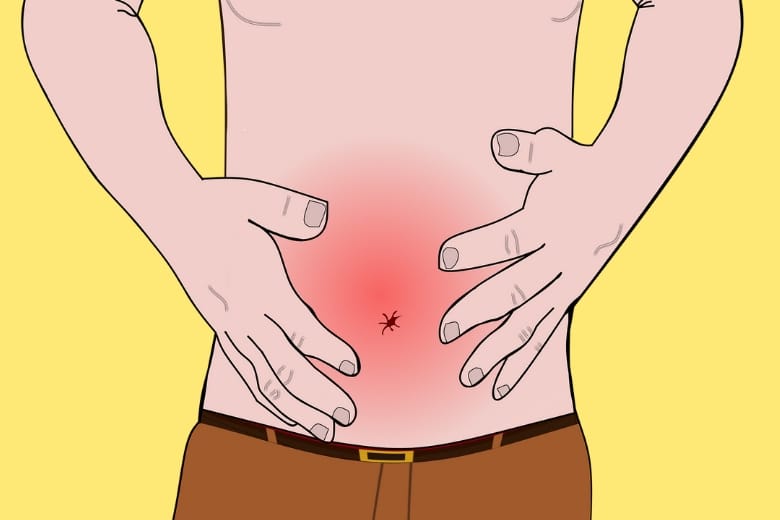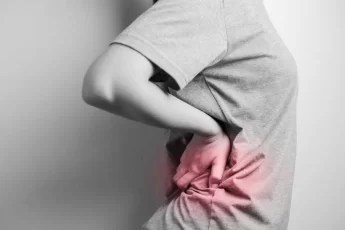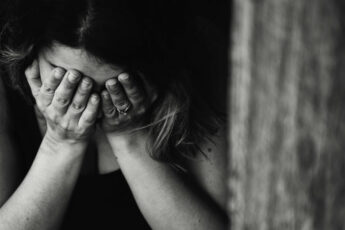
A lot goes on inside your body when you’re constipated
When you’re having a cup of coffee with your neighbour, your bowel movement is probably the last thing you’re talking about. It’s not a very comfortable topic of discussion, but of course, everyone has constipation every now and then. Want to know what it is that happens to your body when you’re feeling constipated? We’re here to explain it all.
Dr Carolyn Newberry explains to Bustle six things that happen to your body when you’re experiencing constipation. “[It] can affect the way other parts of your body function and feel,” she explains.
Muscle tears
Not being able to poop is uncomfortable enough as it, but constipation can also lead to the tearing of a certain muscle when you’re straining on the toilet. “Increased pressures associated with hard-to-pass stools can cause tearing in the external sphincter muscle,” Dr Newberry explains. This muscle is the one that regulates your bowel movements. If you have to apply increased pressure to this muscle on a regular basis, you might cause yourself inflammations and bleeding.
Change in appetite
When you’re not able to do a number two, you might experience the feeling of being full more quickly. This is especially the case for people who suffer from chronic constipation.
Dehydration
According to Dr Newberry, constipation and dehydration come hand in hand. In turn, dehydration and constipation can lead to other issues like headaches, dizziness and sweating.
Haemorrhoids
When you’re constipated, you run a higher risk of getting haemorrhoids. A lot of people still try to poop when they can’t, meaning they apply a lot of pressure. The blood vessels in the anus are usually very small, but by repeatedly applying pressure, the vessels can dilate, and this can have haemorrhoids as a result.
Leakage
The bladder and large intestine are located quite close to each other in the body. According to The Department of Urology of the University of California, there’s a close connection between the muscles and nerves that regulate your bladder and the muscles that regular your bowel movement. A large amount of stool in the large intestine can cause pressure to the bladder and this can lead to leakage, both during the day and at night.
Bloating and gas
Having to pass gas and feeling bloated is something a lot of people have trouble with when they’re constipated. “When stool stays in the colon for longer than normal periods of time, this allows the bacteria in the gut microbiome to act upon the stool and form gas,” doctor Mike Bass explains.







